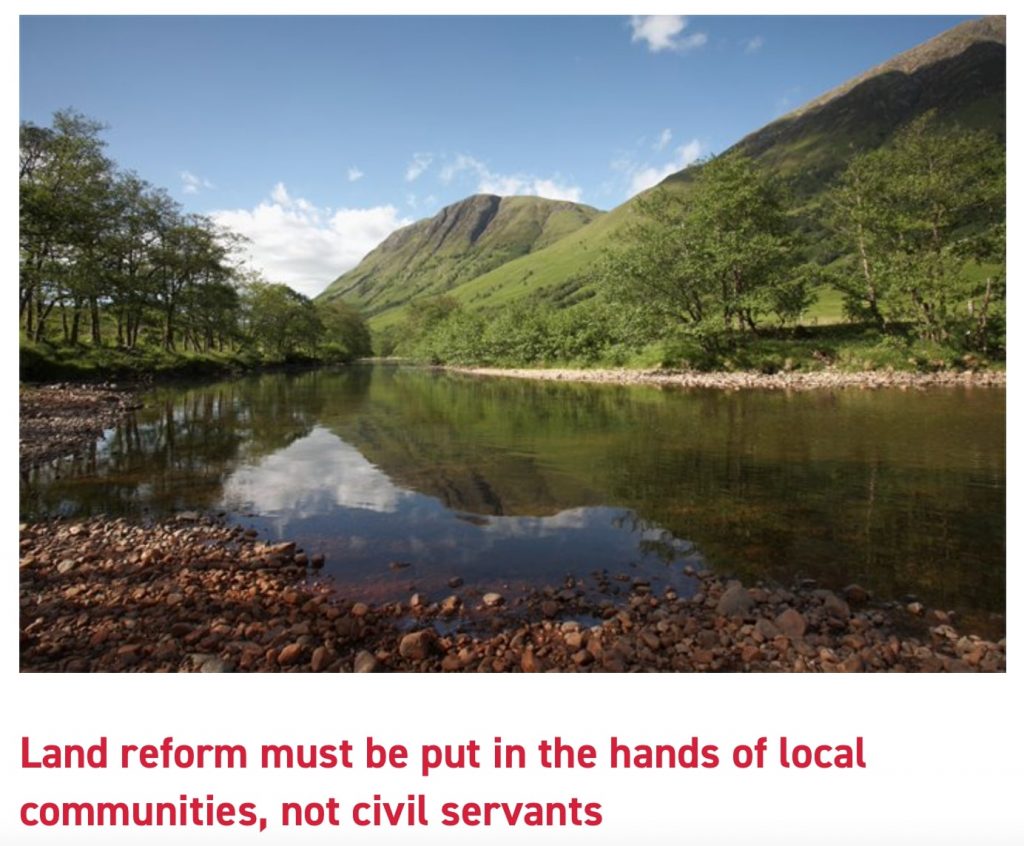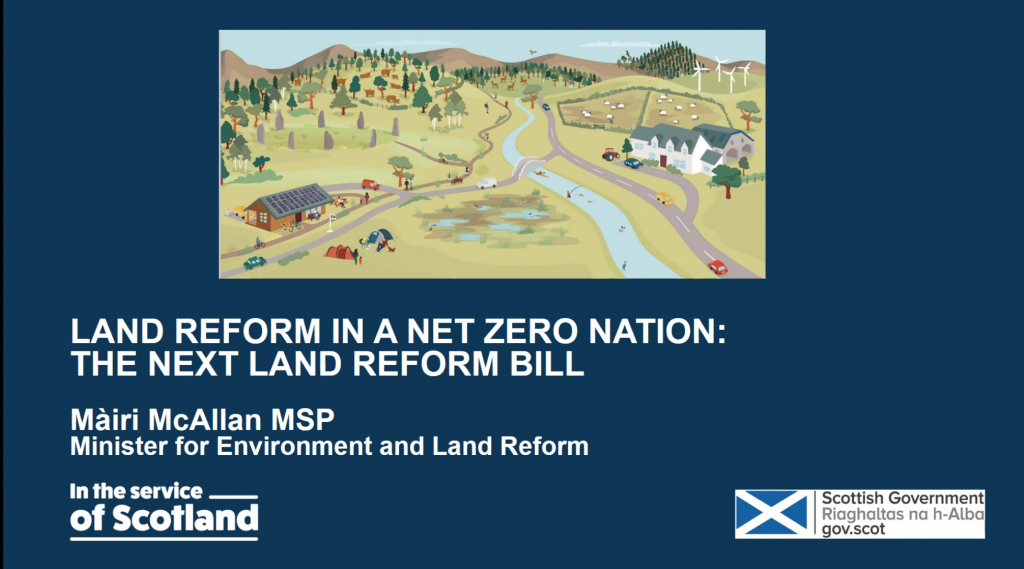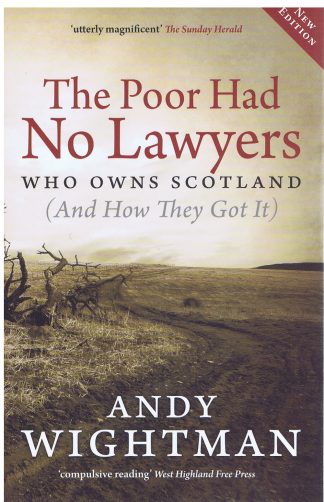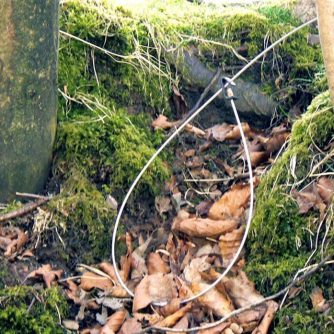Land reform in Scotland is a topic we have covered several times. Reforms are inching forward, but only very slowly.
We focused on Land Justice in our last Mibbes Aye edition, looking at two places currently in the news. Great Berbera, regarding a possible community buy-out; and Balloch, regarding another attempt by Flamingo Land to take over the foreshore of Loch Lomond. That edition also has excepts from a very good discussion between Lesley Riddoch and Robin McAlpine. And we touched on ScotGov consultation for a proposed land reform bill.
Andy Wightman was also there with Lesley and Robin but his broadband link was pretty bad and we couldn’t include his contributions to the discussion.
Fortunately for us he has written this piece for Holyrood Magazine.

The current consultation and proposals for land reform are based on recommendations to ScotGov by the Scottish Land Commission which advises the government on land issues. While acknowledging “that measures designed to deliver greater accountability over decision-making concerning Scotland’s largest landholdings are welcome“, Andy adds “The key question is whether they will secure the objectives set out“.
He goes on to make these points:
- The consultation proposes that large-scale landholdings be subject to a statutory code of responsibility, mandatory management plans, and a public interest test when they are sold.
- According to ministers the measures are designed to tackle “the issues associated with scale and concentration of landownership in Scotland”. Read this carefully. They are not designed to deal with the underlying issue (scale and concentration) but merely to mitigate the impacts associated with this.
- The Land Commission itself say “The measures will not, on their own, deliver the longer term systemic change in patterns of land ownership that are required to realise the full benefits of Scotland’s land resource. Achieving this will require more fundamental policy reform, probably including changes to the taxation system.
Tried and tested ways to effect land reform
There are two tried and tested ways to effect changes in land ownership patterns : succession rights when a landowner dies, and taxation. Succession rights take generations to come into effect. Taxation could be adopted very rapidly given the political will. So far ScotGov haven’t shown much of that with regard to land taxation reform.
A further way to focus and speed up land matters would be to devolve power to local communities and authorities. Andy picks up on a point made by the Land Commission in most northern European countries that have regulatory mechanisms for land ownership, decision-making is generally embedded at a municipality level.
“Land reform involves reform in the way power is derived, distributed, transferred and exercised. It involves eliminating those characteristics of the current system which serve to perpetuate the status quo, which frustrate the public interest and which are antithetical to a just, fair and open society in a new Scotland. It is thus a highly political venture because in order to promote social, economic and environmental advancement, it needs to challenge and reorganise existing power structures. Those power structures include government.“
Andy Wightman
The Consultation for the ScotGov land proposals is open until 31 October 2022.
Click on the image to find out more and add your voice to the call for participation.

And have a look at Andy’s book The Poor Had No Lawyers. Click on the images to find out more:







